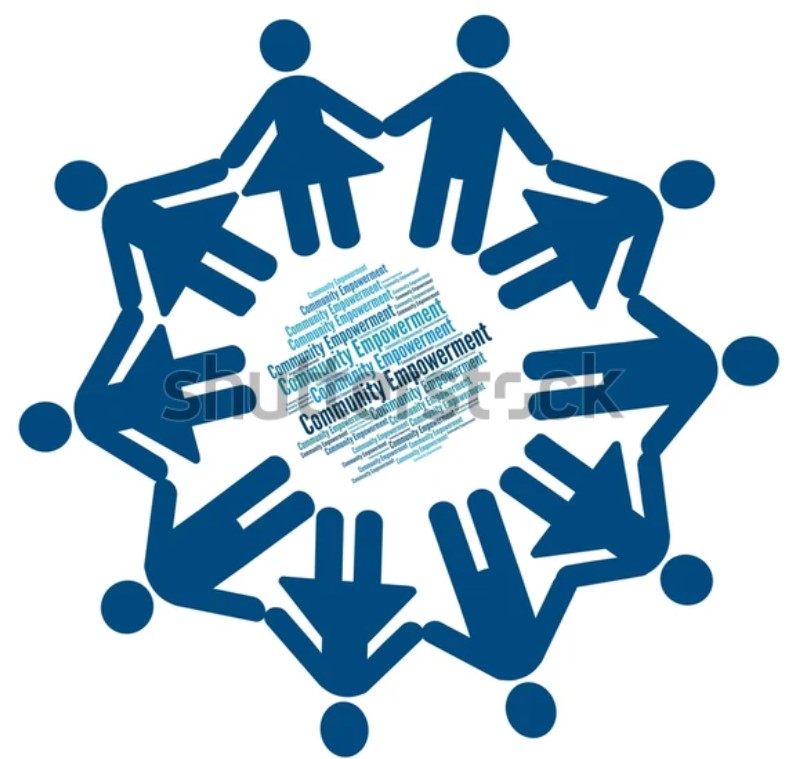
- Teacher: moraa gichana
Moodle is an open-source Learning Management System (LMS) that provides educators with the tools and features to create and manage online courses. It allows educators to organize course materials, create quizzes and assignments, host discussion forums, and track student progress. Moodle is highly flexible and can be customized to meet the specific needs of different institutions and learning environments.
Moodle supports both synchronous and asynchronous learning environments, enabling educators to host live webinars, video conferences, and chat sessions, as well as providing a variety of tools that support self-paced learning, including videos, interactive quizzes, and discussion forums. The platform also integrates with other tools and systems, such as Google Apps and plagiarism detection software, to provide a seamless learning experience.
Moodle is widely used in educational institutions, including universities, K-12 schools, and corporate training programs. It is well-suited to online and blended learning environments and distance education programs. Additionally, Moodle's accessibility features make it a popular choice for learners with disabilities, ensuring that courses are inclusive and accessible to all learners.
The Moodle community is an active group of users, developers, and educators who contribute to the platform's development and improvement. The community provides support, resources, and documentation for users, as well as a forum for sharing ideas and best practices. Moodle releases regular updates and improvements, ensuring that the platform remains up-to-date with the latest technologies and best practices.
Links of interest:

This course introduces diploma students to the foundational principles, strategies, and practices of capacity building and empowerment within communities, organizations, and institutions. It explores how individuals and groups can be equipped with the knowledge, skills, tools, and resources needed to drive sustainable development, advocate for change, and improve livelihoods.
Students will examine the theoretical concepts of empowerment and capacity building, their interdependence, and their application in various sectors such as education, health, governance, and community development. Emphasis will be placed on participatory approaches, inclusive practices, and the importance of local knowledge and ownership.
Through case studies, practical assignments, and group projects, learners will develop competencies in assessing needs, planning capacity-building interventions, mobilizing resources, and monitoring empowerment outcomes. The course also fosters critical thinking on issues such as power dynamics, social justice, and equity.
By the end of the course, students will be prepared to support empowerment initiatives and contribute meaningfully to capacity development programs in both governmental and non-governmental contexts.